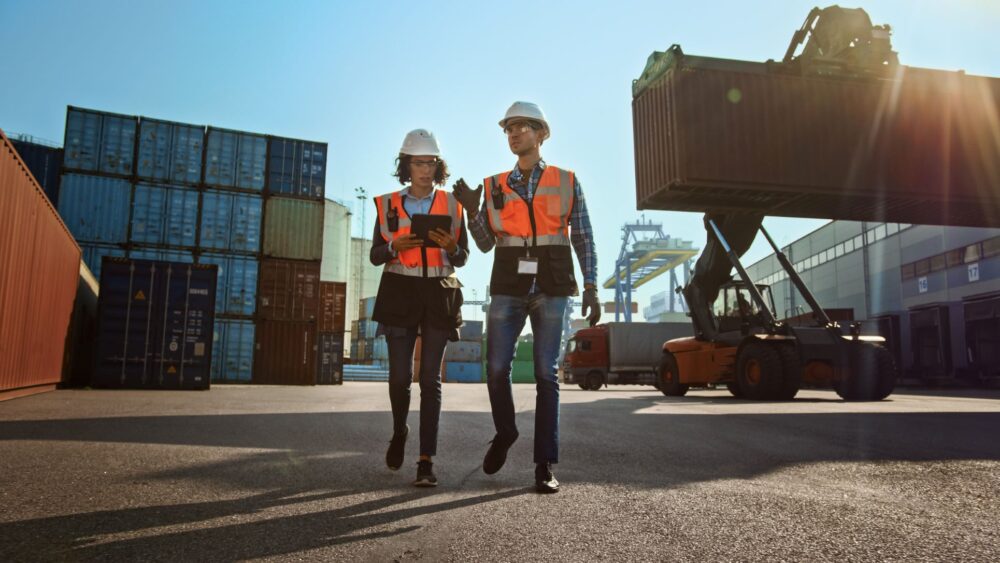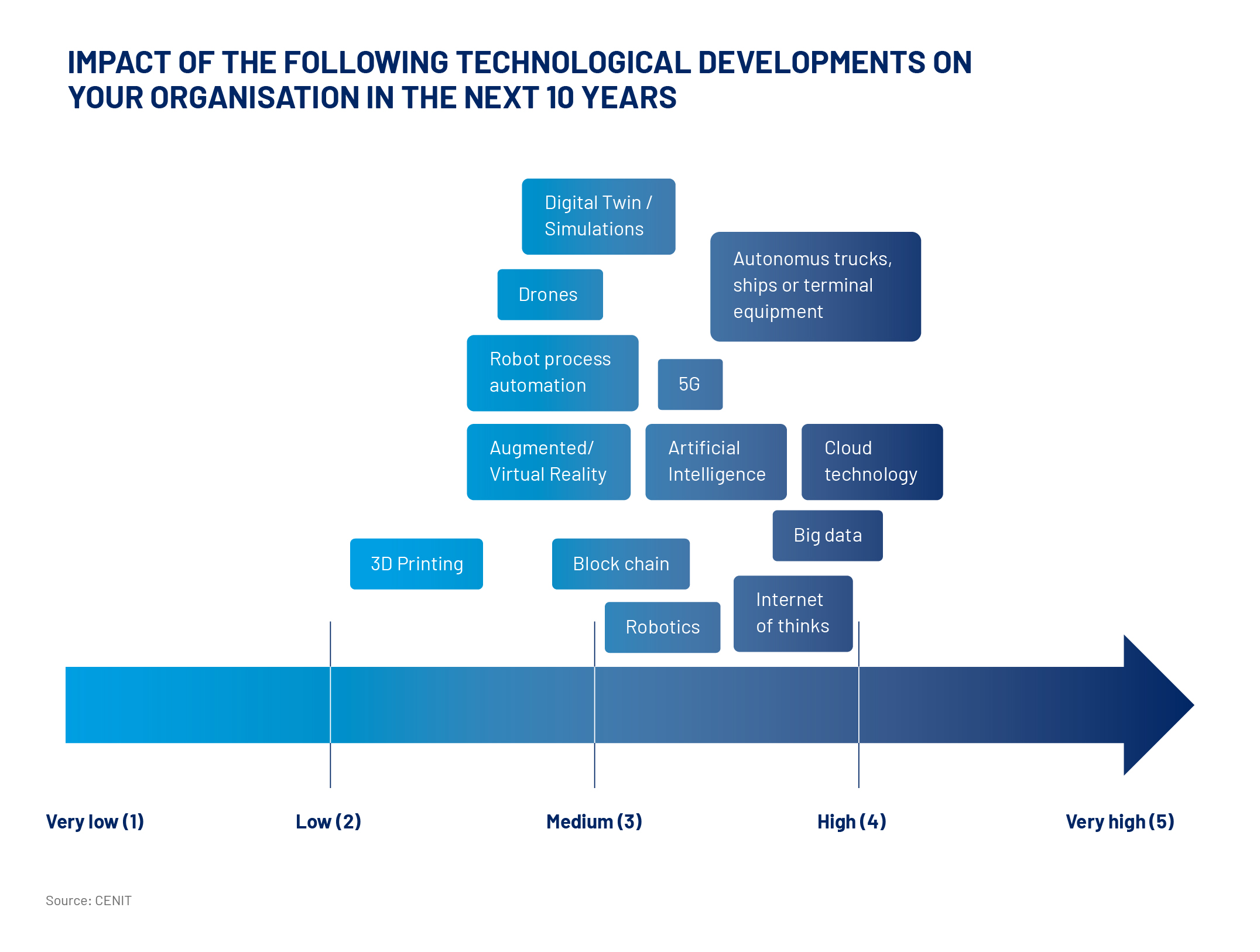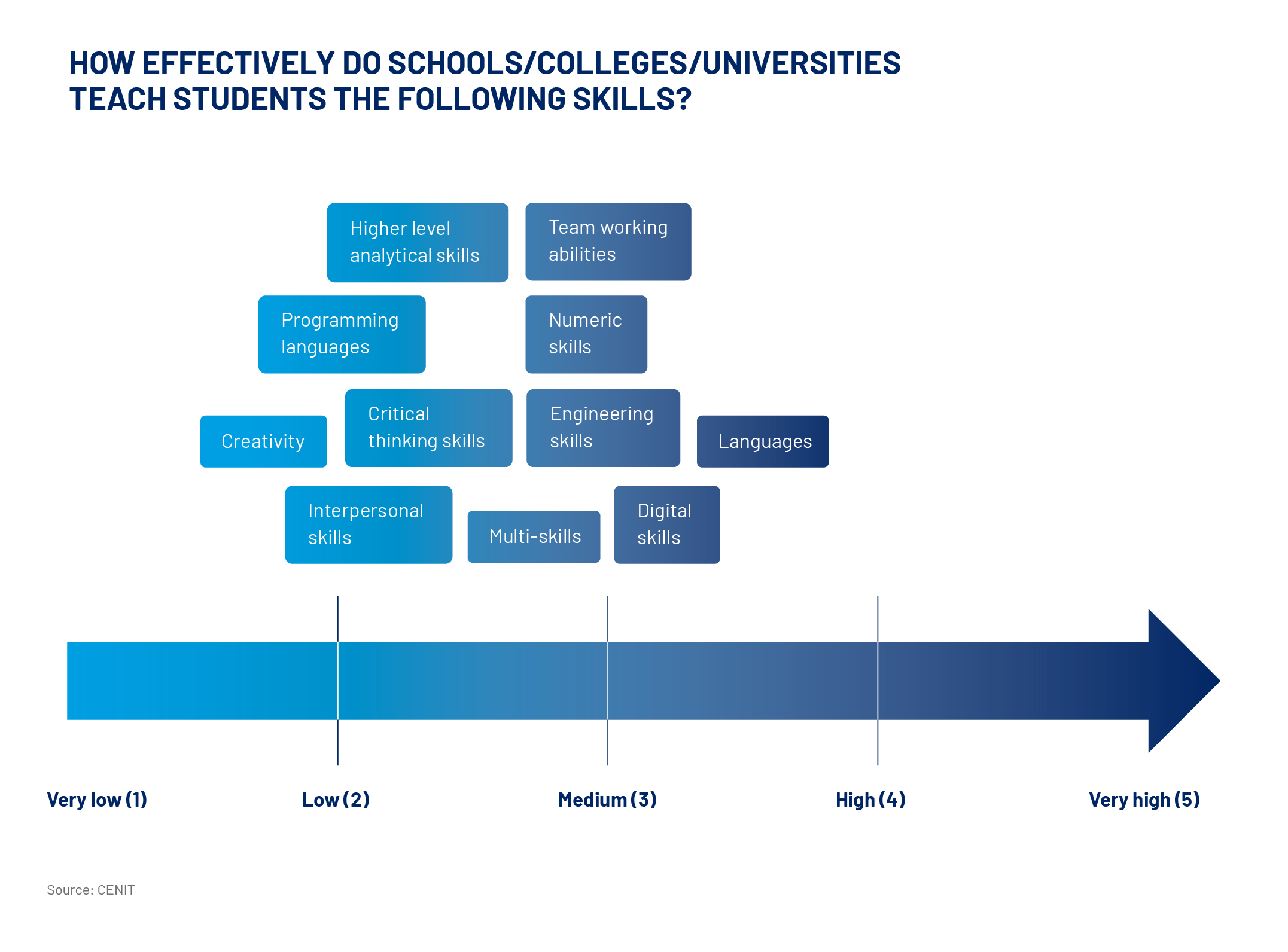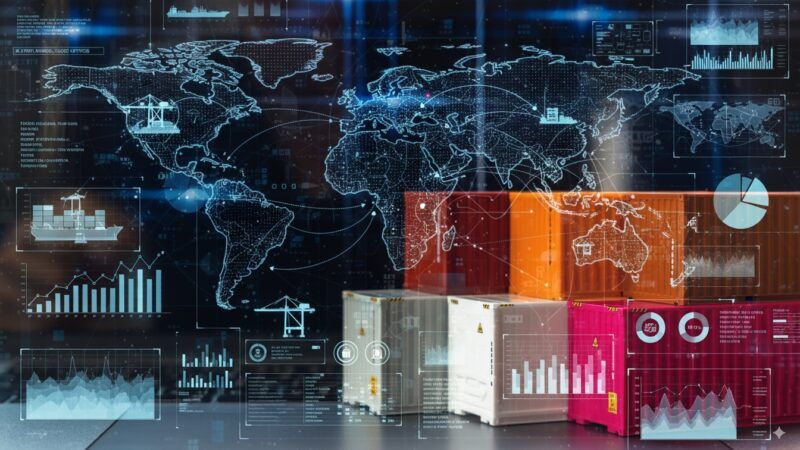 Major changes are on the horizon in the labour market due to the consolidation of ICTs. Training will be essential to acquire new skills. (GettyImages)
Major changes are on the horizon in the labour market due to the consolidation of ICTs. Training will be essential to acquire new skills. (GettyImages)
Human capital in the ports of the future
The human capital of ports has changed, is changing and will change even more with the irruption of new technologies. For the port community, it is essential to anticipate these changes with specialists trained in the skills needed to adapt to these new working environments.

Javier Garrido is a researcher at the Center of Innovation and Transport (CENIT) and PhD student at Port de Barcelona.

Andrés Reyes Díaz is a researcher at the Center of Innovation and Transport (CENIT).
 Major changes are on the horizon in the labour market due to the consolidation of ICTs. Training will be essential to acquire new skills. (GettyImages)
Major changes are on the horizon in the labour market due to the consolidation of ICTs. Training will be essential to acquire new skills. (GettyImages)
The technological and industrial challenges the maritime cluster and logistics are facing
The labor market faces major changes in the horizon due to the consolidation of information and communication technologies (ICT), the cloud, automation, augmented reality (AR), Artificial Intelligence (AI), Blockchain and big data analytics. But according to a study carried out about the port of Antwerp, the maritime cluster and the logistics sector are lagging behind in the introduction of ICT compared to other sectors. However, the ports are already looking for answers to reduce this sectoral gap.
To go into detail on the impact on the human capital of the often disruptive technological development in the ports, we look at the study carried out by the Center For Innovation in Transport (CENIT) on the basis of a survey distributed to the port communities of New York/New Jersey, Los Angeles, the Italian Ports Association, Sohar, Rotterdam, Gdansk and Barcelona.
This study has been promoted by the Port Authority of Barcelona, which in its 4th Strategic Master Plan (2021-2025) identified social sustainability as a key strategic pillar, with the objective of having 40,000 workers in the port by 2025.
The key technologies for the next decade
The main technological developments expected over the next 10 years, according to the organisations surveyed in this CENIT study promoted by the Port of Barcelona, are the following:

As can be seen, most ports are of the opinion that the technologies that will generate the greatest impact are wireless and those in charge of managing data. Big Data, cloud technology and the Internet of Things are key to collecting relevant information on their activity and to guarantee the traceability of goods, documents or vehicles.
These, combined with 5G and Artificial Intelligence (AI), will lead to autonomous trucks, ships or terminal equipment. On the other hand, Digital Twin models generated by AI will improve their operational capacity.
Human resource field is not excluded from issues either, attracting talent with relevant skills, enhancement of individual’s skills, work environment and remuneration policy definition seems to be the most relevant problems for the respondents. Issues with recruitment and retention of quality talent (IT talent specially), succession planning, leadership development concerns organizations.
Skills development, automation of human-intensive processes or the availability of local talent are key for organizations in the maritime sector
Specialization, the best solution
According to the results of the survey, the port community believes that specialized vocational training in the sector would be necessary. Training is essential in almost all organizations, as each company has its own policies and processes that employees must follow. However, HR departments must ensure that this training takes place without disrupting the daily work rhythm.
Critically, there is a shortage of professionals in the operations area with industry knowledge and other skills to lead the way in the future. Today's priority is to balance work and personal life and to motivate and prepare workers for the future by training them in new skills.
To mitigate these impacts, organizations are initiating major projects to develop solutions to today's major challenges, such as global warming. This requires the training of new profiles in, for example, digital and smart ports; environmental sustainability; waterfront and joint port-city programmes.
Skill development, automation of human-intensive processes, re-skilling of the existing workforce, availability of talent locally are key programmes for the maritime sector organizations. And they must ensure that their teams are ready for the arrival of the fourth industrial revolution.
Investing in skills is key in the logistics and maritime sector
To achieve this, organizations need to invest. In particular, 60% are already investing in human resources activities, as shown in the graph below:
In terms of the most in-demand skills, the ports agree that the ability to work in a team is currently the most important.
This is followed by interpersonal skills (negotiation, collaboration, communication), intrapersonal skills (self-management, flexibility) and multi-skills (proficiency in multiple skill areas). All of them are related to working group activities which are relevant for the organizations.
Training adapted to the sector’s needs
The training provided is fundamental to achieving new standards in the maritime sector. However, organizations agree that some skills are not taught particularly well and that new recruits are not adequately prepared in some skills.

Therefore, according to the organizations, educational institutions should:
- Give more prominence to practical and work experience during academic training.
- Increase the number of technical skills (e.g. digital and computer skills).
- Strengthen the ability to form teams by organizing more working groups that foster the development of multiple skills.
Educational institutions should pay more attention to the needs of the port community. In their strategic consultations, educational institutions can indicate the direction they want to take and the business community what they expect from them. Hybrid education and faculty are also important.
This could be enhanced by creating more common platforms and forums between the logistics industry and the education sector, frequent exposure of students to the industry to gain awareness of the real-world problems, on-the-job training, apprenticeship, collaboration with industries for research and development, among others.
As the CENIT study reflects, technologies will inevitably impact on the productivity, efficiency and organization of ports. At the same time, the port and educational community must draw up a joint strategy to meet the needs of the sector in terms of training for these new profiles. Although everything indicates that the workforce of the future will be more technological, the greatest capital of the ports will continue to be human.





